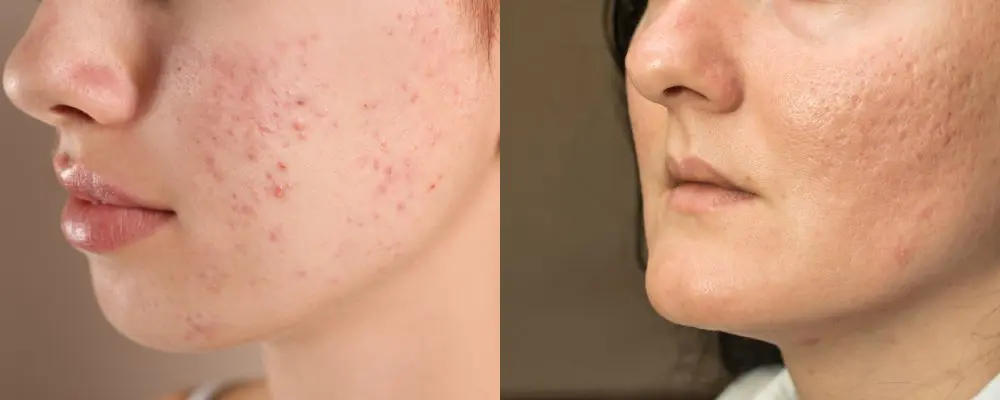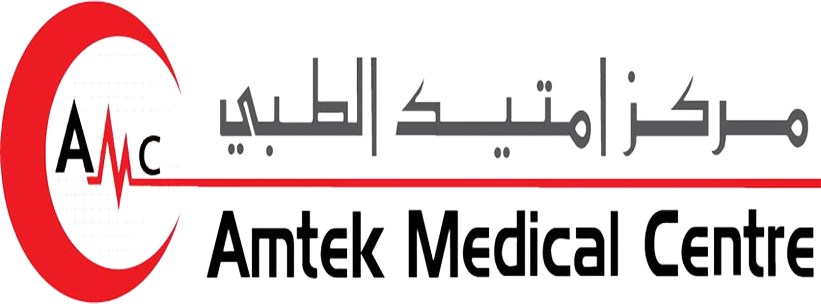
-
Posted By admin
-
-
Comments 0
Understanding the Causes of Acne and Proven Treatments for Clearer Skin
Acne is more than just a cosmetic issue—it affects self-confidence, emotional well-being, and quality of life. Whether you’re in your teens or well into adulthood, the battle against breakouts and scars can be frustrating. Understanding the root causes of acne and exploring acne and scars treatments that actually work is essential for anyone seeking long-lasting, clearer skin.
In this blog, we’ll dive into the science behind acne, explore common triggers, and highlight evidence-based treatments that deliver visible results. Whether you’re at the top of the funnel looking to understand the basics, or at the bottom ready to take action, this guide offers insights for every stage of the skincare journey.
What is Acne?
Acne is a chronic inflammatory skin condition that occurs when hair follicles become clogged with oil (sebum), dead skin cells, and bacteria. It commonly appears on the face, chest, back, and shoulders, and can present as whiteheads, blackheads, papules, pustules, nodules, or cysts.
Common Causes of Acne
Understanding what triggers acne is key to preventing and managing breakouts effectively. Here are some common causes:
1. Excess Sebum Production
Hormonal fluctuations, especially during puberty, can increase oil production which clogs pores.
2. Hormonal Imbalances
Conditions like PCOS (Polycystic Ovary Syndrome) and menstrual cycles can cause hormonal shifts that trigger acne.
3. Bacteria and Inflammation
The bacteria Cutibacterium acnes (formerly Propionibacterium acnes) thrives in clogged follicles, leading to inflammation and pimples.
4. Diet and Lifestyle
High glycemic index foods, dairy, stress, and lack of sleep can all contribute to flare-ups.
5. Improper Skincare Products
Using products that are not “non-comedogenic” can clog pores and worsen acne.
Different Types of Acne
Type of Acne | Description | Severity |
Whiteheads | Closed clogged pores | Mild |
Blackheads | Open clogged pores | Mild |
Papules | Small red, tender bumps | Moderate |
Pustules | Pimples with pus | Moderate |
Nodules | Painful, large lumps under the skin | Severe |
Cysts | Pus-filled lumps beneath the surface | Very Severe |
Proven Acne and Scars Treatments
Treating acne requires a holistic approach that addresses both current breakouts and lingering scars. Here are the most effective, medically approved treatments:
1. Topical Retinoids
Retinoids unclog pores and reduce inflammation. They’re often the first line of defense in treating mild to moderate acne.
2. Salicylic Acid and Benzoyl Peroxide
These are common OTC ingredients known for their exfoliating and antibacterial properties.
3. Oral Medications
Antibiotics, hormonal treatments like birth control, or isotretinoin may be prescribed for more severe cases.
4. Chemical Peels
These exfoliate the skin and help reduce acne scars and pigmentation over time.
5. Microneedling and Laser Therapy
These treatments stimulate collagen production, improving the texture and appearance of acne scars.
6. Mesotherapy Treatments
This technique involves the injection of vitamins, enzymes, and other ingredients directly into the skin to improve hydration, elasticity, and healing making it effective not only for anti-aging but also for treating acne and scars.If you’re looking for an advanced skincare solution, Mesotherapy treatment in Ajman is an excellent option.
Home Remedies vs. Professional Treatments
While some home remedies like tea tree oil or aloe vera may offer temporary relief, they are no match for professionally administered acne and scars treatments. Over-the-counter solutions can be useful, but persistent or cystic acne often requires a dermatologist’s intervention.
Treatment Type | Pros | Cons |
Home Remedies | Cost-effective, easily available | Slower results, not always effective |
OTC Products | Convenient | May cause dryness or irritation |
Professional Treatments | Fast, targeted results | Higher cost, may require downtime |
Preventing Acne: Everyday Skincare Tips
- Cleanse Gently: Use a mild cleanser twice daily.
- Hydrate: Keep your skin moisturized with oil-free moisturizers.
- Avoid Touching Your Face: This reduces the transfer of oils and bacteria.
- Use Sun Protection: Sunscreen helps in healing acne scars and preventing hyperpigmentation.
- Stick to a Routine: Consistency is key to seeing results in your skincare regimen.
When to See a Professional
If you’ve tried multiple methods and haven’t seen significant improvement in 2-3 months, it’s time to consult a dermatologist. Delaying treatment can lead to more severe scarring and emotional distress. Clinics like Amtek Medical Center offer tailored acne and scars treatments that are safe and backed by medical science.
FAQs
1. Can diet really affect acne?
Yes. High sugar and dairy-rich diets can increase insulin and hormone levels that may worsen acne.
2. What is the fastest way to reduce acne scars?
Microneedling and laser therapy show fast and visible results for reducing scars.
3. Are acne scars permanent?
Not always. With the right acne and scars treatments, many types of scars can be significantly reduced or removed.
4. How long does it take to see results from treatment?
Topical treatments may show results in 4–6 weeks. Professional treatments may take fewer sessions for visible improvement.
5. Is it safe to do mesotherapy for acne-prone skin?
Yes, when administered by qualified professionals, Mesotherapy treatment in Ajman is safe and beneficial for acne-prone skin.


